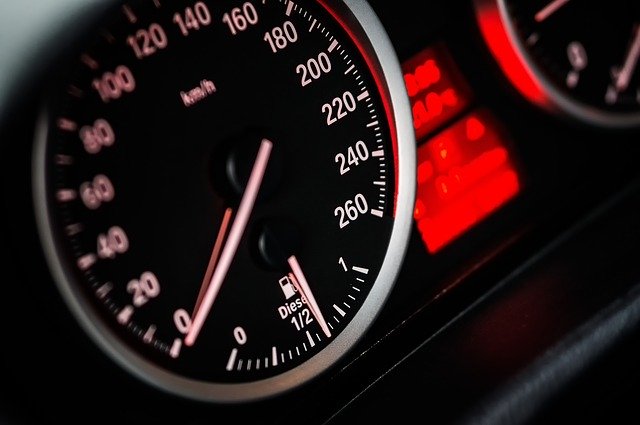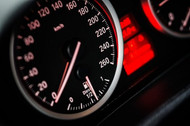5 Essential Maintenance Tips for High-Mileage Vehicles
31st Jul 2020

High-Mileage Vehicle Maintenance
How many miles has your vehicle clocked on the odometer? In the past, 100,000 miles was considered a lot. Thanks to advancements in automotive technology, though, it's not uncommon for vehicles to clock 200,000 or more miles. If you have a high-mileage vehicle, you'll need to give it a little extra care and attention. By following these five essential maintenance tips, you can keep it road-worthy.
#1) Change the Oil
Changing the oil is important for all vehicles, but it's particularly important for those with a lot of miles on the engine. High-mileage vehicles often suffer from worn gaskets and plugs that cause small oil leaks. When this occurs, your vehicle may gradually lose oil, resulting in lower oil levels in the engine. If you neglect to change the oil on a regular basis, the engine will degrade more quickly due to the lack of lubrication.
#2) Replace Coolant
Along with changing the oil, you should replace the coolant in your high-mileage vehicle. Consisting of antifreeze and distilled water -- usually a 50/50 combination -- coolant lives up to its namesake by "cooling" the engine. At the same time, coolant protects the engine from corrosion via the use of corrosion-inhabiting compounds. If you don't replace it, though, it will lose its ability to cool the engine and protect it from corrosion.
#3) Get a Wheel Alignment
When was the last time that you had your vehicle's wheel aligned? If it's been a while, you should take your vehicle to a mechanic for a wheel alignment. A wheel alignment involves the adjustment of your vehicle's wheels so that they all point at the same correct angle. It will reduce wear and tear of your vehicle's suspension and its tires.
#4) Change Engine Air Filter
Not to be confused with the cabin air filter, the engine air filter is designed to remove pollutants from the air that's sucked into the engine. Automotive engines need more than just gas and spark to create combustion; they need air. This air must pass through a filter, however, before entering the engine's combustion chamber. If your vehicle has a dirty engine air filter, the engine may not receive an adequate amount of air -- or it may receive dirty air that contributes premature wear and tear.
#5) Change Transmission Fluid
Changing the transmission fluid will help prolong the life of your high-mileage vehicle. Transmission fluid works like engine oil by offer lubrication and cooling properties -- only it's designed for transmissions rather than engines. With a high-mileage vehicle, transmission fluid could spell the beginning of the end for your vehicle.

